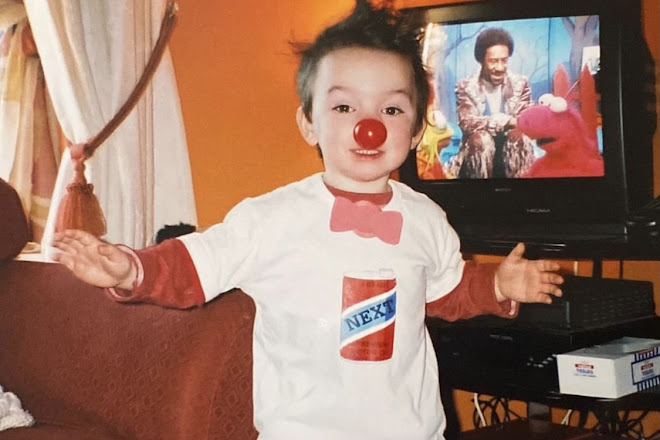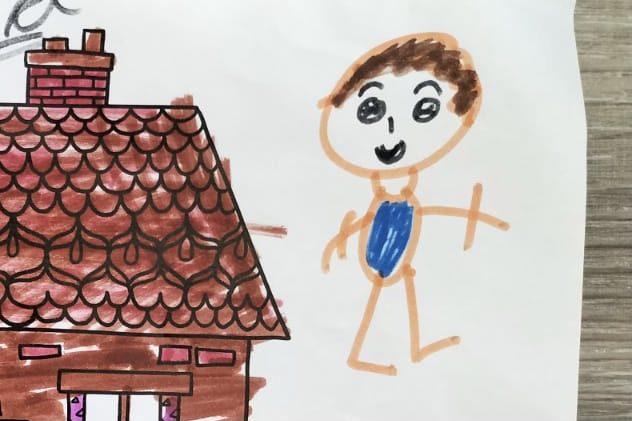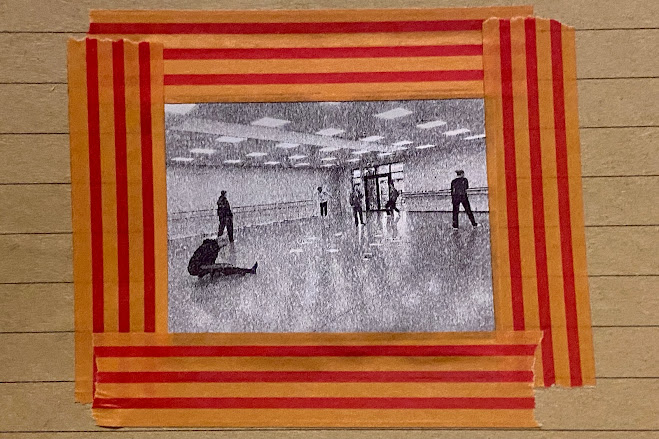10. o say, can you remember the words?

I’m back to writing today, trying to structure the theories presented in Ahmed’s Queer Phenomenology as a framework for experimental learning. I’m taking a lot from this: In a way, the utterance “I can” points to the future only insofar as it inherits the past, as the accumulation of what the body has already done, as well as what is “behind” the body, the conditions of its arrival. The body emerges from this history of doing, which is also a history of not doing, of paths not taken, which also involves the loss, impossible to know or even register, of what might have followed from such paths. As such, the body is directed as a condition of its arrival, and as a direction that gives the body its line. ( Ahmed, 2006) I spend a lot of my practice cutting up small pieces of paper, gluing things together and typing things out painfully slowly on my typewriter. Sometimes I feel like this is more akin to a childish art project, I begin to question why I have arrived at this point. Mayb...





